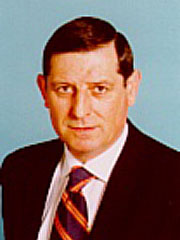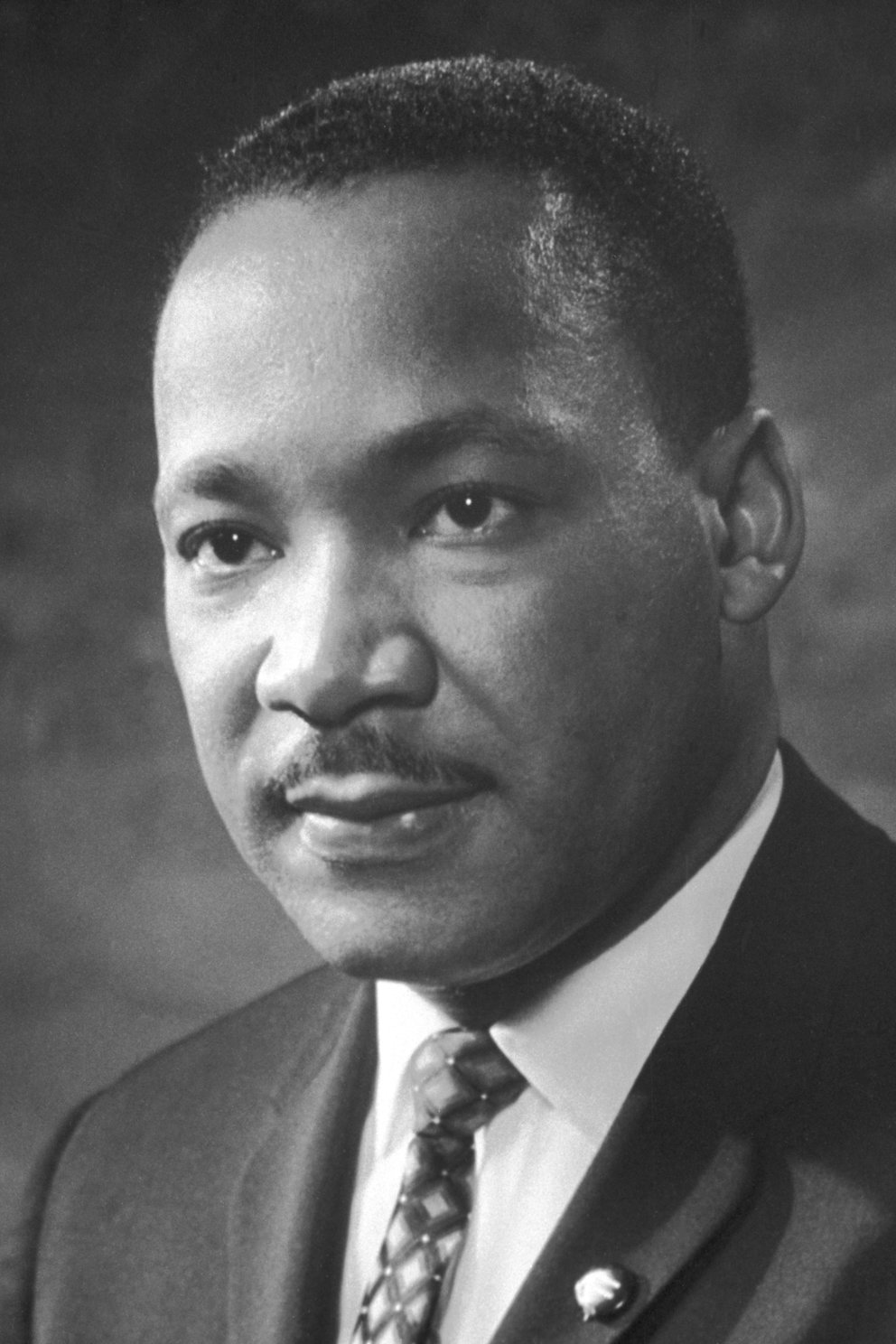|
Darko Bratina
Darko Bratina (30 March 1942 – 23 September 1997) was an Italian sociologist, film theorist and politician of Slovenes, Slovene ethnicity. Between 1992 and 1997, he served as member of the Italian Senate. Early life and intellectual endeavours He was born to a Slovene language, Slovene-speaking family in Gorizia, Italy. Because of the Fascist Italianization laws, his parents could not baptise him with a Slovene name, so he was named Diodato Bratina, which remained his official name throughout his life. His Slovene name was Božidar, but mostly used his nickname Darko. He attended Slovene language elementary and middle high school in Gorizia, before enrolling in the University of Trieste, where he studied civil engineering. During the stay in Trieste, he became interested in social sciences and philosophy. He left the study of engineering, and enrolled in the University of Trento where he studied study sociology at the prestigious High Institute of Social Sciences (''Istituto S ... [...More Info...] [...Related Items...] OR: [Wikipedia] [Google] [Baidu] |
Darko Bratina Senato
Darko is a common Slavic given name, and an Akan people, Akan family name. People: * Darko (given name) * Darko (surname) Places: * Velké Dářko, a pond in the Czech Republic Movies: * ''Donnie Darko'', a 2001 film by Richard Kelly starring Jake Gyllenhaal and Jena Malone * ''S. Darko'', a 2009 film, sequel to ''Donnie Darko'' Music: * Darko US, an American deathcore, electronica, ambient and progressive metal band * ''Darko'', the debut studio album by Darko US {{disambiguation ... [...More Info...] [...Related Items...] OR: [Wikipedia] [Google] [Baidu] |
Sociology
Sociology is a social science that focuses on society, human social behavior, patterns of Interpersonal ties, social relationships, social interaction, and aspects of culture associated with everyday life. It uses various methods of Empirical research, empirical investigation and critical analysis to develop a body of knowledge about social order and social change. While some sociologists conduct research that may be applied directly to social policy and welfare, others focus primarily on refining the Theory, theoretical understanding of social processes and phenomenology (sociology), phenomenological method. Subject matter can range from Microsociology, micro-level analyses of society (i.e. of individual interaction and agency (sociology), agency) to Macrosociology, macro-level analyses (i.e. of social systems and social structure). Traditional focuses of sociology include social stratification, social class, social mobility, sociology of religion, religion, secularization, S ... [...More Info...] [...Related Items...] OR: [Wikipedia] [Google] [Baidu] |
Italian Language
Italian (''italiano'' or ) is a Romance language of the Indo-European language family that evolved from the Vulgar Latin of the Roman Empire. Together with Sardinian, Italian is the least divergent language from Latin. Spoken by about 85 million people (2022), Italian is an official language in Italy, Switzerland (Ticino and the Grisons), San Marino, and Vatican City. It has an official minority status in western Istria (Croatia and Slovenia). Italian is also spoken by large immigrant and expatriate communities in the Americas and Australia.Ethnologue report for language code:ita (Italy) – Gordon, Raymond G., Jr. (ed.), 2005. Ethnologue: Languages of the World, Fifteenth edition. Dallas, Tex.: SIL International. Online version Itali ... [...More Info...] [...Related Items...] OR: [Wikipedia] [Google] [Baidu] |
Ian Jarvie
Ian Charles Jarvie (born 8 July 1937) is a philosopher trained in England, long resident in Canada. Jarvie was educated at Dover Grammar School for Boys from 1948 to 1955. He studied at the London School of Economics under Karl Popper where he gained his B.Sc. (Econ.) and Ph.D. (1955-1962). Between 1960 and 1962 he was a Philosophy tutor at the London School of Economics, before accepting lectureships in Hong Kong and at the University of York, Ontario. Jarvie is a member of the Royal Society of Canada and managing editor of the journal ''Philosophy of the Social Sciences''. The philosophy of social science and the movie industry are two of his main topics of research. He is a professor at York University in Toronto. Jarvie's philosophical temperament is influenced by his former teacher, Karl Popper. Other influences include: David Hume, Bertrand Russell, and Ernest Gellner. Further, Jarvie's philosophical method owes a debt to training in social anthropology. In this vein, he has ... [...More Info...] [...Related Items...] OR: [Wikipedia] [Google] [Baidu] |
Canada
Canada is a country in North America. Its ten provinces and three territories extend from the Atlantic Ocean to the Pacific Ocean and northward into the Arctic Ocean, covering over , making it the world's second-largest country by total area. Its southern and western border with the United States, stretching , is the world's longest binational land border. Canada's capital is Ottawa, and its three largest metropolitan areas are Toronto, Montreal, and Vancouver. Indigenous peoples have continuously inhabited what is now Canada for thousands of years. Beginning in the 16th century, British and French expeditions explored and later settled along the Atlantic coast. As a consequence of various armed conflicts, France ceded nearly all of its colonies in North America in 1763. In 1867, with the union of three British North American colonies through Confederation, Canada was formed as a federal dominion of four provinces. This began an accretion of provinces an ... [...More Info...] [...Related Items...] OR: [Wikipedia] [Google] [Baidu] |
Friuli Venezia Giulia
(man), it, Friulana (woman), it, Giuliano (man), it, Giuliana (woman) , population_note = , population_blank1_title = , population_blank1 = , demographics_type1 = , demographics1_footnotes = , demographics1_title1 = , demographics1_info1 = , demographics1_title2 = , demographics1_info2 = , demographics1_title3 = , demographics1_info3 = , timezone1 = CET , utc_offset1 = +1 , timezone1_DST = CEST , utc_offset1_DST = +2 , postal_code_type = , postal_code = , area_code_type = ISO 3166 code , area_code = IT-36 , blank_name_sec1 = GDP (nominal) , blank_info_sec1 = €38 billion (2018) , blank1_name_sec1 = GDP per capita , blank1_info_sec1 = €31,200 (2018) , blank2_name_sec1 = HDI (2019) , blank2_info_sec1 = 0.903 · 7th of 21 , blank_name_sec2 ... [...More Info...] [...Related Items...] OR: [Wikipedia] [Google] [Baidu] |
Trentino
Trentino ( lld, Trentin), officially the Autonomous Province of Trento, is an autonomous province of Italy, in the country's far north. The Trentino and South Tyrol constitute the region of Trentino-Alto Adige/Südtirol, an autonomous region under the constitution. The province is composed of 166 ''comuni'' (municipalities). Its capital is the city of Trento (Trent). The province covers an area of more than , with a total population of 541,098 in 2019. Trentino is renowned for its mountains, such as the Dolomites, which are part of the Alps. Etymology The province is generally known as "Trentino". The name derives from Trento, the capital city of the province. Originally, the term was used by the local population only to refer to the city and its immediate surroundings. Under former Austrian rule, which began in the 19th century (previously, Trentino was governed by the local bishop), the common German name for the region was ''Welschtirol'' () or ''Welschsüdtirol'' (‘It ... [...More Info...] [...Related Items...] OR: [Wikipedia] [Google] [Baidu] |
Veneto
Veneto (, ; vec, Vèneto ) or Venetia is one of the 20 regions of Italy. Its population is about five million, ranking fourth in Italy. The region's capital is Venice while the biggest city is Verona. Veneto was part of the Roman Empire until the 5th century AD. Later, after a Feudalism, feudal period, it was part of the Republic of Venice until 1797. Venice ruled for centuries over one of the largest and richest maritime republics and trade empires in the world. After the Napoleonic Wars and the Congress of Vienna, the Republic was combined with Lombardy and annexed to the Austrian Empire as the Kingdom of Lombardy–Venetia, until that was Italian unification, merged with the Kingdom of Italy in 1866, as a result of the Third Italian War of Independence. Besides Italian language, Italian, most inhabitants also speak Venetian language, Venetian. Since 1971, the Statute of Veneto has referred to the region's citizens as "the Venetian people". Article 1 defines Veneto as an " ... [...More Info...] [...Related Items...] OR: [Wikipedia] [Google] [Baidu] |
Northern Italy
Northern Italy ( it, Italia settentrionale, it, Nord Italia, label=none, it, Alta Italia, label=none or just it, Nord, label=none) is a geographical and cultural region in the northern part of Italy. It consists of eight administrative regions: Aosta Valley, Piedmont, Liguria, Lombardy, Emilia-Romagna, Veneto, Friuli-Venezia Giulia and Trentino-Alto Adige. As of 2014, its population was 27,801,460. Rhaeto-Romance and Gallo-Italic languages are spoken in the region, as opposed to the Italo-Dalmatian languages spoken in the rest of Italy. The Venetian language is sometimes considered to be part of the Italo-Dalmatian languages, but some major publications such as '' Ethnologue'' (to which UNESCO refers on its page about endangered languages) and '' Glottolog'' define it as Gallo-Italic. For statistic purposes, the Istituto Nazionale di Statistica (ISTAT) uses the terms Northwest Italy and Northeast Italy for two of Italy's five statistical regions in its reporting. These same su ... [...More Info...] [...Related Items...] OR: [Wikipedia] [Google] [Baidu] |
Roman Catholicism
The Catholic Church, also known as the Roman Catholic Church, is the List of Christian denominations by number of members, largest Christian church, with 1.3 billion baptized Catholics Catholic Church by country, worldwide . It is among the world's oldest and largest international institutions, and has played a prominent role in the history and development of Western civilization.Gerald O'Collins, O'Collins, p. v (preface). The church consists of 24 Catholic particular churches and liturgical rites#Churches, ''sui iuris'' churches, including the Latin Church and 23 Eastern Catholic Churches, which comprise almost 3,500 dioceses and Eparchy, eparchies located List of Catholic dioceses (structured view), around the world. The pope, who is the bishop of Rome, is the Papal supremacy, chief pastor of the church. The bishopric of Rome, known as the Holy See, is the central governing authority of the church. The administrative body of the Holy See, the Roman Curia, has its pr ... [...More Info...] [...Related Items...] OR: [Wikipedia] [Google] [Baidu] |
Felice Balbo
Felice is a name that can be used as both a given name, masculine or feminine, and a surname. It is a common name in Italian, where it is equivalent to Felix. Notable people with the name include: Given name Arts and literature Film and theater * Felice Andreasi (1928–2005), an Italian actor *Felice Farina (born 1954), an Italian film director *Felice Jankell, a Swedish actress *Felice Minotti (1887–1963), an Italian actor *Felice Orlandi (1925–2003), an Italian-American actor *Felice Schachter (born 1963), an American actress Music * Felice Alessandri (1747–1798), an Italian musician *Felice Anerio (c. 1560–1614), an Italian composer *Felice Blangini (1781–1841), an Italian composer *Felice Bryant (1925–2003), an American musician * Felice Chiusano (1922–1990), an Italian singer * Felice DeMatteo (1866–1929), an Italian-American composer *Felice Giardini (1716–1796), an Italian musician *Felice Lattuada (1882–1962), an Italian composer *Felice Romani (1788–1 ... [...More Info...] [...Related Items...] OR: [Wikipedia] [Google] [Baidu] |
Christian Left
The Christian left is a range of left-wing Christian political and social movements that largely embrace social justice principles and uphold a social doctrine or social gospel. Given the inherent diversity in international political thought, the term ''Christian left'' can have different meanings and applications in different countries. While there is much overlap, the Christian left is distinct from liberal Christianity, meaning not all Christian leftists are liberal Christians and ''vice versa''. In democratic nations such as the United States, the Christian left usually aligns with modern liberalism and progressivism, using the social gospel to achieve better social and economic equality. On the more extreme end, Christian anarchism, Christian communism and Christian socialism are subsets of the socialist Christian left. Karl Marx and Friedrich Engels, authors of the ''Communist Manifesto'', both had Christian upbringings. Terminology As with any section within t ... [...More Info...] [...Related Items...] OR: [Wikipedia] [Google] [Baidu] |




.jpg)
